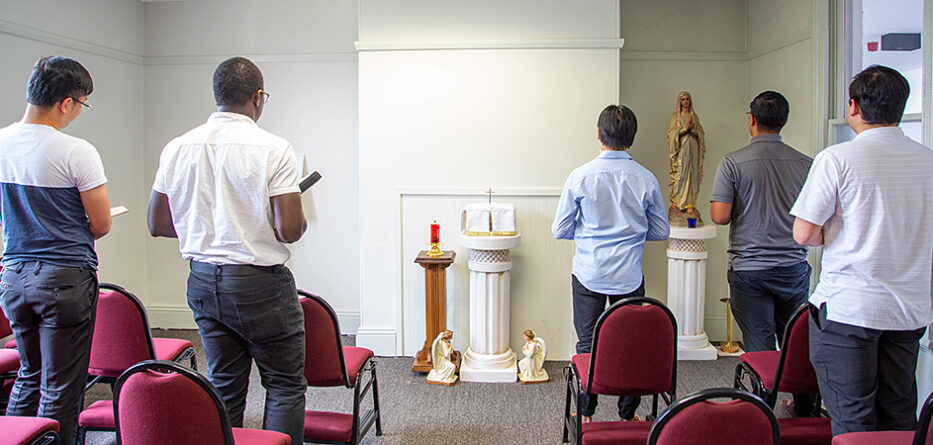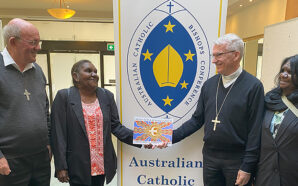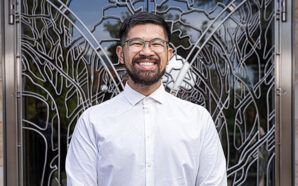Association of U.S. Catholic Priests highlights the similarities between Francis’ remarks and its 2018 White Papers on Priestly Formation and Clericalism
The largest group of U.S. Catholic priests has said that Pope Francis’ latest statements on priestly formation and clericalism resonates with its recommendation for a pastoral model of priestly formation.
Holy Cross Father Stephen P. Newton, executive director of the Association of U.S. Catholic Priests, has appreciated the pope’s synodal intervention when he referred to clericalism as a “scourge,” and its own 2018 recommendations for changes in priestly formation.
The AUSCP which has around 1,200 priests among its ranks is the largest association of priests in the United States. It was founded in 2011 as a support group for priests who are inspired by the teaching of Second Vatican Council (1962-65) and its continued implementation and has become a “pastoral and collegial voice of member priests,” following the call of Pope Francis to synodality, open to the participation of all the members of the People of God.
“Clericalism is a whip, it is a scourge”
“I like to think of the Church as the simple and humble people who walk in the presence of the Lord — the faithful people of God,” Pope Francis told participants at the assembly of the Synod of Bishops October 25. “When ministers overstep in their service and mistreat the people of God, they disfigure the face of the church with chauvinistic and dictatorial attitudes,” the pope said. “Clericalism is a whip, it is a scourge, it is a form of worldliness that defiles and damages the face of the Lord’s bride,” the church, the pope said. “It enslaves God’s holy and faithful people.”
Later, the pope in a November 11 written speech prepared for a group of rectors and staff members of seminaries in Latin America, said the mission of a seminary “is not to form ‘supermen’ who pretend to know and control everything,” but to help seminarians become priests who are humble servants of the communities. Priests “are fellow disciples of the rest of the Christian faithful and, therefore, we share the same human and spiritual needs, just as we are subject to the same frailties, limitations and errors,” he wrote.
Then speaking to them off the cuff, Pope Francis said, “We cannot have priests who are like directors of a parish business, who lead at the top of their voices” but instead must know how to dialogue, to hold an elderly person’s hand and to visit the sick.
Inadequate and ineffective
Father Newton noted the similarities between the pope’s remarks and AUSCP 2018 documents. In its 2018 White Papers on Priestly Formation and Clericalism, AUSCP recommended significant changes in formation programs to combat clericalism and prepare future priests for real-life ministry with lay men and women. Looking ahead to the next synodal session in 2024, he said AUSCP will continue to encourage bishops to listen to the ministering church, and to examine preparation methods toward ordination.
In its document on priestly formation the AUSCP spoke of five overriding concerns — faithfulness to Vatican II; call to service; a pastoral model of priestly formation psychosexual development and celibacy; discernment process and faculty formation. Priestly formation in recent decades has not adequately implemented Vatican II’s pastoral vision and values in candidates, that document points out. Above all qualities, priests need to develop the need to see themselves as servants of God and of God’s people and the goal of all formation is to prepare candidates for pastoral service, the AUSCP document said. However in too many instances the current model of preparation for pastoral ministry has proven to be inadequate and ineffective, that document added.
Reproduced with permission from La Croix International.








